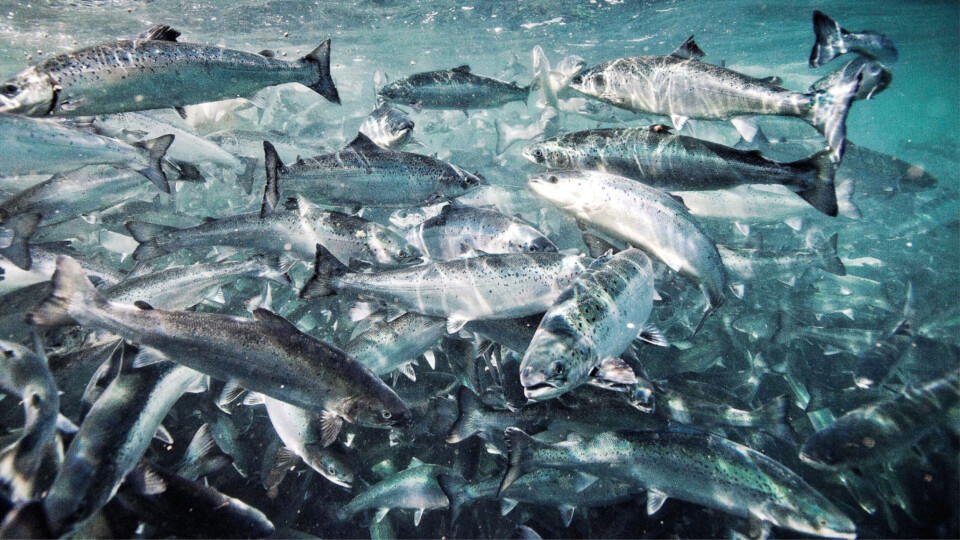
Cooke fights de facto closure of two farms in Chile
Canadian-owned salmon farmer Cooke Aquaculture Chile has filed an appeal against a demand by the Superintendency of the Environment (SMA) for a dramatic reduction in biomass at two farms that Cooke says is effectively a closure order.
The SMA wants to reduce production at the Huillines 2 site from around 4,800 tonnes per cycle to just 375 tonnes and cut production at the Huillines 3 site even further, from 5,160 tonnes to just 125 tonnes.
Cooke’s appeal to Chile’s Constitutional Court claims that the biomass reduction stems from the SMA’s “erroneous understanding” of the sectoral regulations, and that the SMA wants to stick by production levels originally declared in the technical projects presented to aquaculture regulator Subpesca at the time the aquaculture concessions were requested in 1995 and 1997.
“In other words, the production levels that according to the regime applicable to the concessions constitute minimum production, the SMA interprets that they would be maximum,” states Cooke.
‘Elegant’ closure
It adds that the SMA’s biomass reduction is “an ‘elegant’ way, we could say, in which the Administration tries to force two aquaculture establishments to end their operations, without any of the legal cases of expiration of the aquaculture concessions established in the LGPA (agreement) concurring”.
The biomass discrepancy is one of a number of infractions that Cooke is accused of having committed at the sites.
Cooke argues that some have a very simple solution, “for example, the lack of a certain contingency plan can be solved by preparing said contingency plan; the siting of structures outside the concession area can be solved by moving such structures”.
However, accepting the SMA’s reduction in biomass “would force the closure of Huillines 2 and Huillines 3”.























































